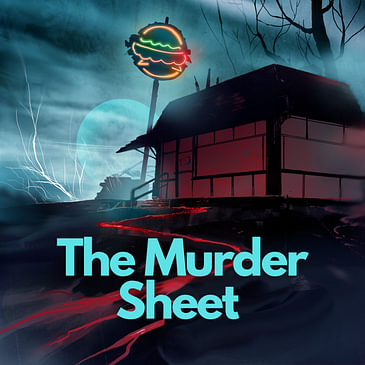We interviewed attorney Michael Ausbrook about his work on the Habeas Project at the Indiana Maurer School of Law, as well as law student Emma Kilbreath. They'll speak about the project, the cases they've tackled, and the impact their work has had on the lives of incarcerated defendants.
Send tips to murdersheet@gmail.com.
The Murder Sheet is a production of Mystery Sheet LLC .
See Privacy Policy at https://art19.com/privacy and California Privacy Notice at https://art19.com/privacy#do-not-sell-my-info.
